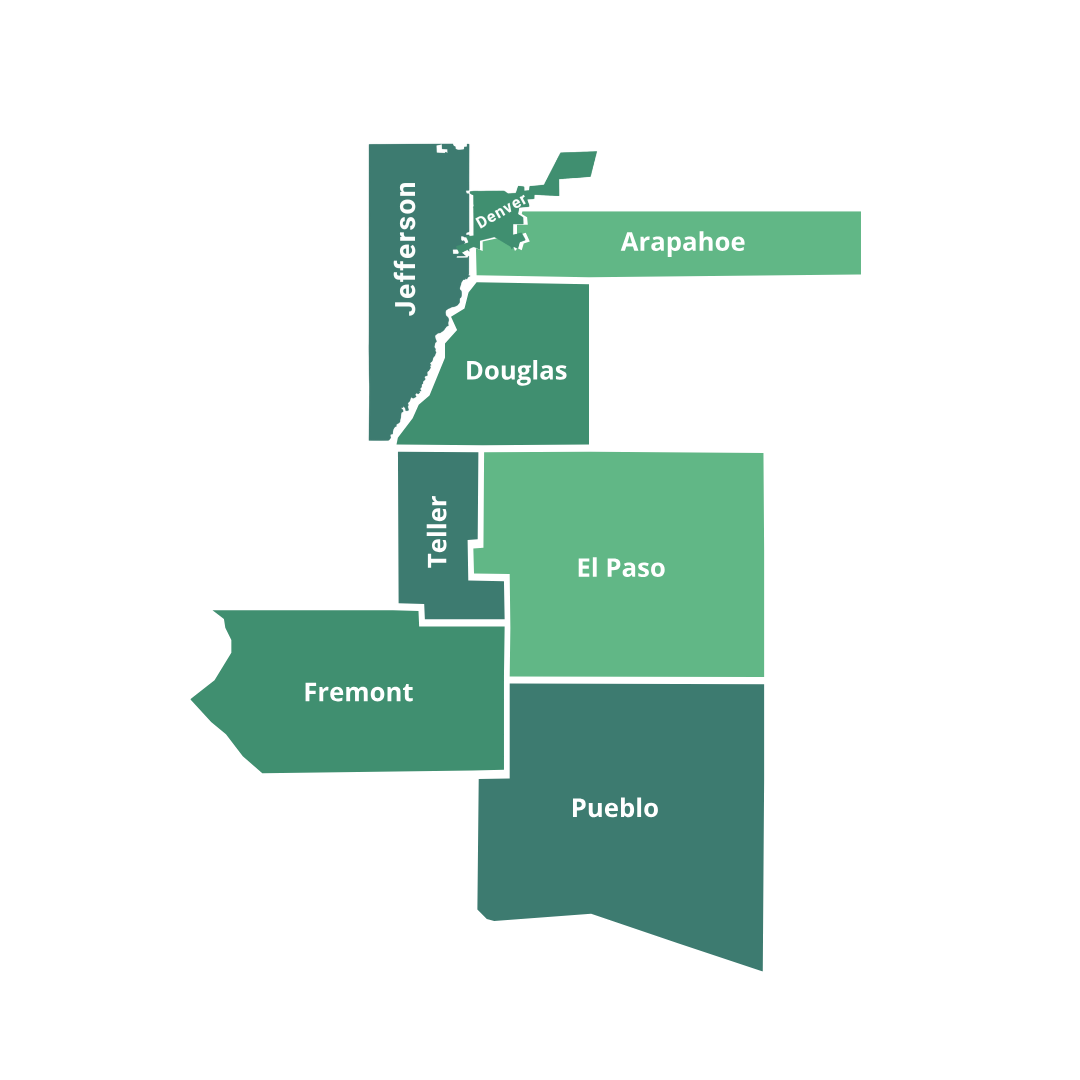





In Colorado, criminal tampering refers to interfering with someone else’s property or utilities with the intent to cause inconvenience, disruption, or harm. Depending on the nature of the tampering, these charges can range from misdemeanors to felonies, leading to severe legal consequences.
If you’re facing criminal tampering charges, it’s important to understand the seriousness of these accusations and the potential penalties. Having an experienced criminal defense attorney by your side is essential to ensure your rights are protected and your case is handled effectively.
At Right Law Group, our skilled defense attorneys are here to help. We’ll explain your rights clearly and develop a strong defense strategy tailored to your case. Contact us today for a free consultation to discuss your case. We have conveniently located offices in Colorado Springs, Highlands Ranch and Castle Rock.
Colorado Counties We Serve: Arapahoe, Denver, Douglas, El Paso, Fremont, Jefferson, Pueblo, and Teller.
Criminal tampering in Colorado is defined under C.R.S. § 18-4-505 and is generally categorized into two levels:
This charge involves tampering with a public utility, including water, gas, electricity, or telecommunications. First-degree tampering is a Class 1 misdemeanor, carrying significant penalties, including up to 18 months in jail and fines of up to $5,000.
Second-degree tampering applies when someone interferes with another person’s property with the intent to inconvenience, annoy, or alarm them. This is a Class 2 misdemeanor, punishable by up to 120 days in jail and fines of up to $750.
Certain aggravating factors can lead to enhanced penalties for criminal tampering, such as:
Effective defense strategies depend on the specifics of the case but may include:
The penalties for criminal tampering vary based on the severity of the charge:
Additional consequences may include a permanent criminal record, which can impact future employment and housing opportunities.
If convicted, certain factors may help reduce sentencing, such as:
At Right Law Group, we have extensive experience defending clients against criminal tampering charges and other property crimes. Our attorneys will analyze every detail of your case to build a strong defense and fight for the best possible outcome.
Don’t face these charges alone. Contact us today for a free consultation. With offices in Colorado Springs, Highlands Ranch, and Castle Rock, we’re here to help.
Frequently Asked Questions
In general, criminal tampering is when a person tampers with property or a utility with the purpose of causing interruption or impairment of a service rendered to the public by a utility or an institution providing health or safety protection or when someone tampers with someone else’s property with the intent of causing injury, inconvenience, or annoyance to the person or tampers with their testimony to affect the outcome of a trial.
Criminal tampering is usually charged as a misdemeanor in Colorado. If someone tampers with evidence or a witness, however, that would likely result in felony charges.
In Colorado, tampering with physical evidence is usually charged as a class-6 felony.
